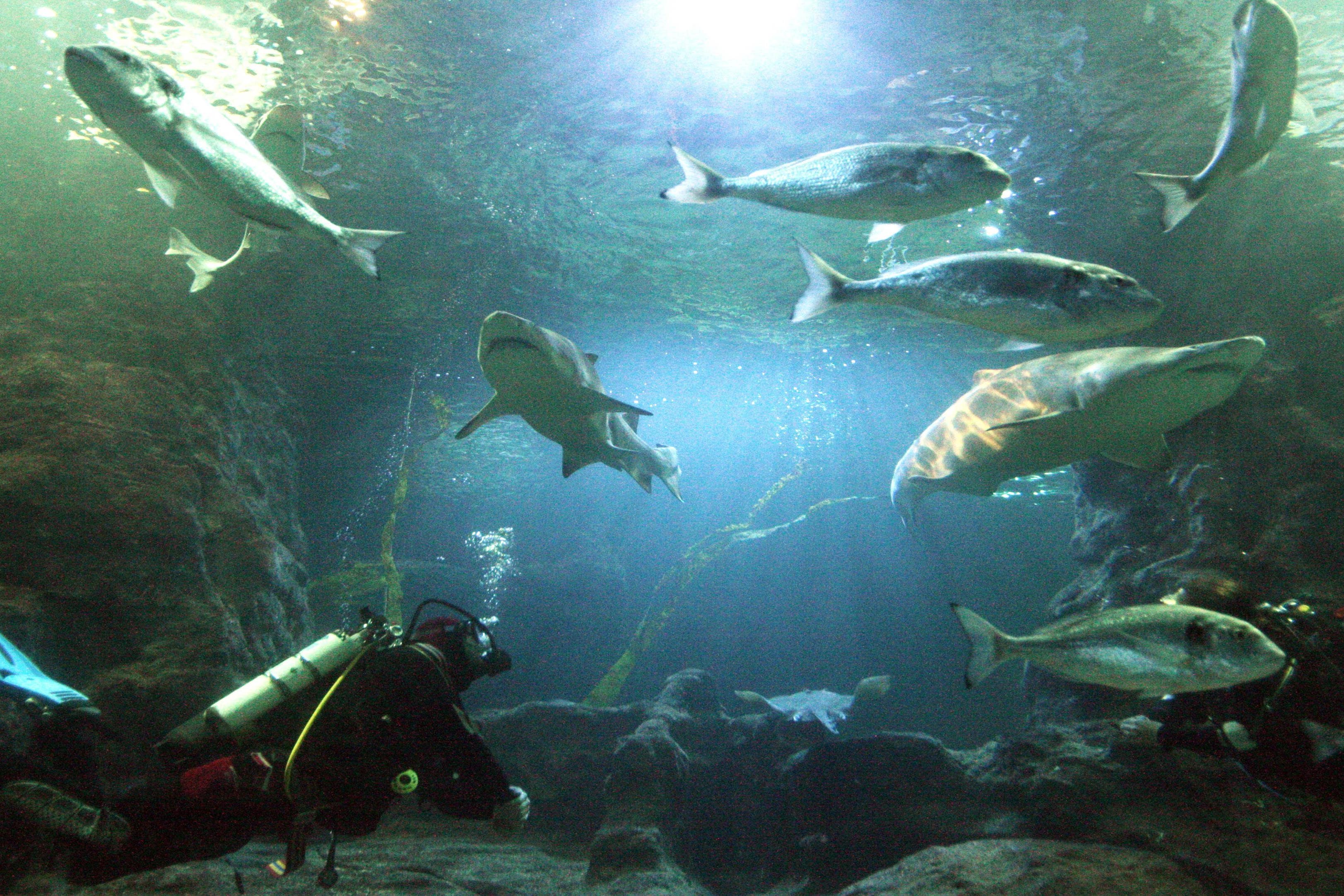Fish relocating to colder waters as a result of global warming – study
The first study of its kind has found fish populations have been relocating closer the the Earth’s poles as a result of global warming.

Fish populations are relocating to colder waters in the north and south poles as a result of global warming, research has found.
The latest study, by academics at the University of Glasgow, has found the majority of the world’s fish population are shifting closer to the poles or deeper waters in order to stay cool.
Rising temperatures affect the critical functions of marine life such as their metabolism, growth and reproduction.
Marine creatures often have a very narrow liveable temperature range, making even small differences in water impossible to cope with.
Changes in marine life have been up to seven times faster than animal responses on land.
Climate change has had a substantial impact on marine ecosystems over the last century.
Some fish species have completely disappeared from some locations.
It’s possible that rate of warming in some regions may be too fast for fish to adapt, and so relocating may be their best coping strategy
While in some cases some fish species may be able to change aspects of their biology in order to adapt to warmer conditions, a relocation may be the only means of coping with rapid increases in temperatures.
The latest study looked at data on 115 species of fish across all major oceanic regions.
It is the first time such a comprehensive global analysis has been undertaken.
Carolin Dahms, lead author on the study, said: “We observed a striking trend wherewith species living in areas that are warming faster are also showing the most rapid shifts in their geographical distributions.
“It’s possible that rate of warming in some regions may be too fast for fish to adapt, and so relocating may be their best coping strategy.
“At the same time we see that their ability to do so is also impacted by other factors such as fishing, with commercially exploited species moving more slowly.”
Professor Shaun Killen, senior author of the study, said: “While relocation to cooler water may allow these species to persist in the short-term, it remains to be seen how food-webs and ecosystems will be affected by these changes.
“If the prey of these species don’t also move, or if these species become an invasive disturbance in their new location, there could be serious consequences down the road.”
The paper, titled ‘Temperature change effects on marine fish range shifts: a meta-analysis of ecological and methodological predictors’ is published in Global Change Biology.
Bookmark popover
Removed from bookmarks